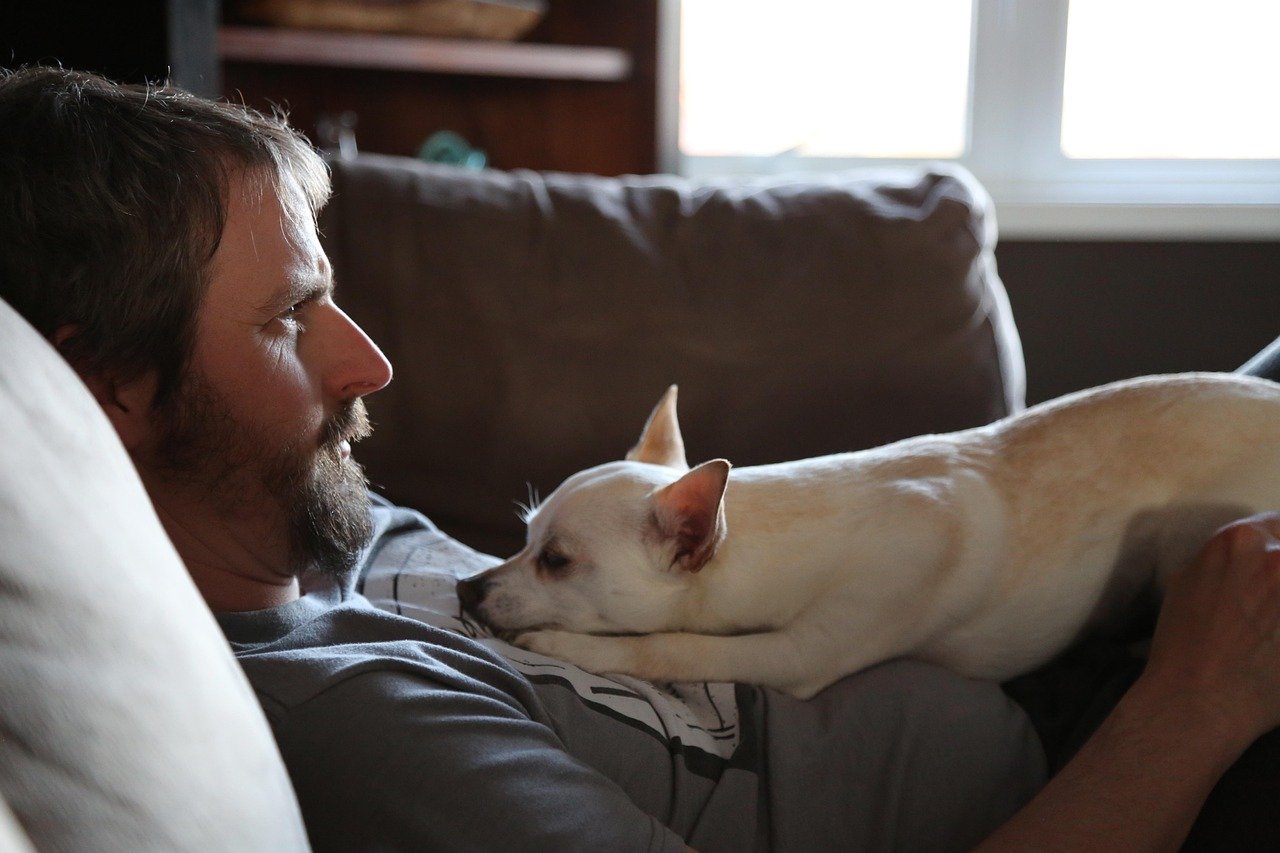Chihuahuas often become “one-person dogs” due to their deep desire for security and comfort, given their small size. They bond intensely with the individual who provides consistent care, affection, and perceived protection. This strong attachment, often stemming from early socialization, can lead to fierce loyalty and sometimes a reserved demeanor towards others. Their small stature also makes them feel more vulnerable, amplifying their need for a primary protector. This behavior is a mix of natural predisposition and how they are raised and socialized.
The Legendary Bond
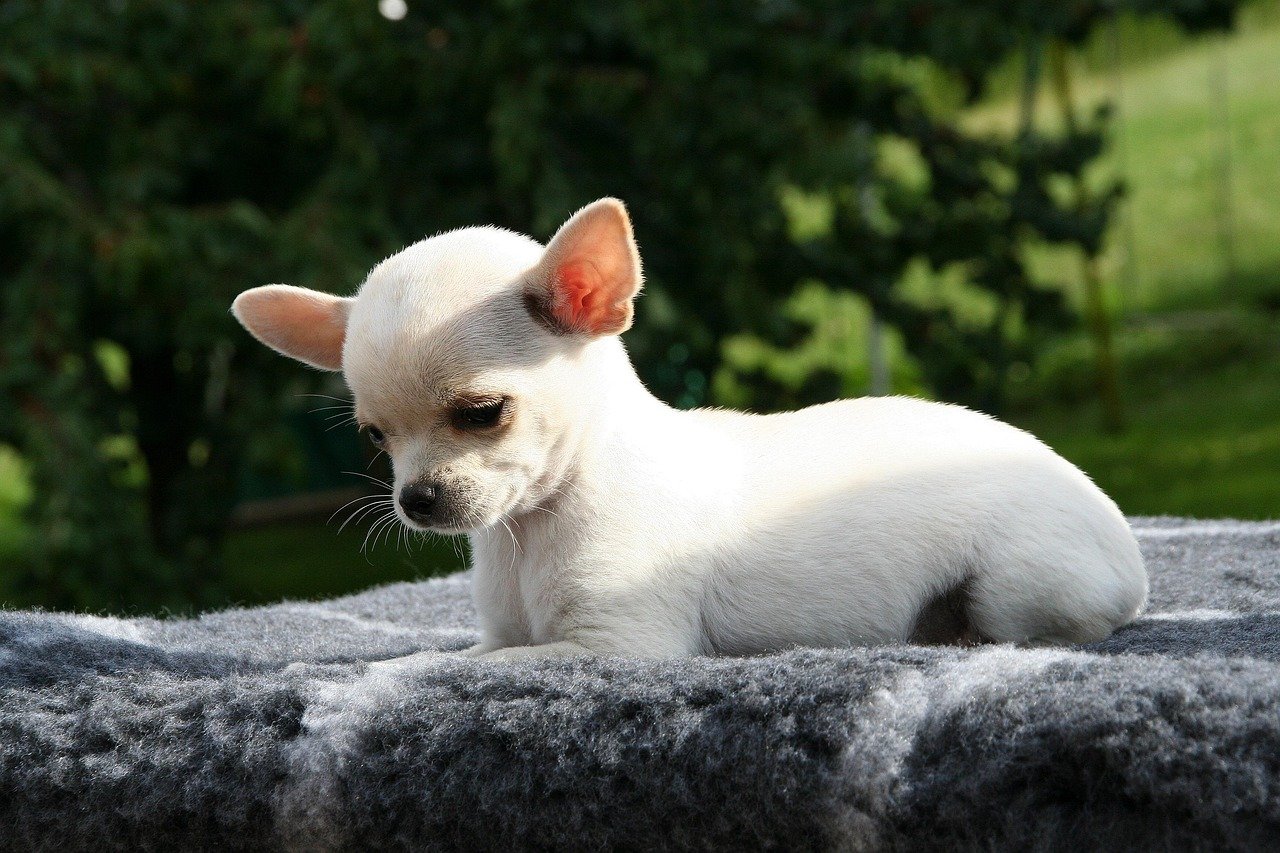
Picture this: you walk into a room and your Chihuahua’s entire world lights up, while everyone else might as well be invisible furniture. They fit right into any family, bonding closely with everyone, but they often pick one special person to be their favorite. It’s not that they don’t care about the rest of the family; they just have a unique way of showing their love to that one person. This isn’t just a cute quirk—it’s actually one of the most fascinating aspects of Chihuahua behavior that sets them apart from many other dog breeds. Once they have made their choice, their dedication can be seen in a variety of behaviors. They might follow this person around the house, sit on their lap whenever possible, show more excitement when this person arrives home, or display signs of anxiety when separated from them. Think of it like having a furry, four-legged shadow who happens to have strong opinions about who deserves their undivided attention.
Bred to Be Companions
These dogs were bred to be companion animals and they take this job very seriously. Unlike many breeds that were developed for hunting, herding, or guarding, Chihuahuas have a lineage stretching back thousands of years as devoted human companions. In his colorful History of the Chihuahua, William Miller writes, “We know that the Toltec people of Mexico kept a little dog known as the Techichi, which had a fat body and large, Chihuahua-like ears. When the Aztecs came into power, the nobility of that society owned the little dogs. These dogs were more than just companion animals. Descendants of the Techichis, a small breed that shares many characteristics with the modern breed, Chihuahuas held a great deal of importance to ancient Mayan, Toltec, and Aztec cultures. It is believed they were bred as holy animals and that the way people treated them would directly impact their experience in the afterlife. This deep-rooted history of close human companionship is literally encoded in their DNA, making their one-person attachment more than just behavior—it’s their biological destiny.
The Genetics of Loyalty
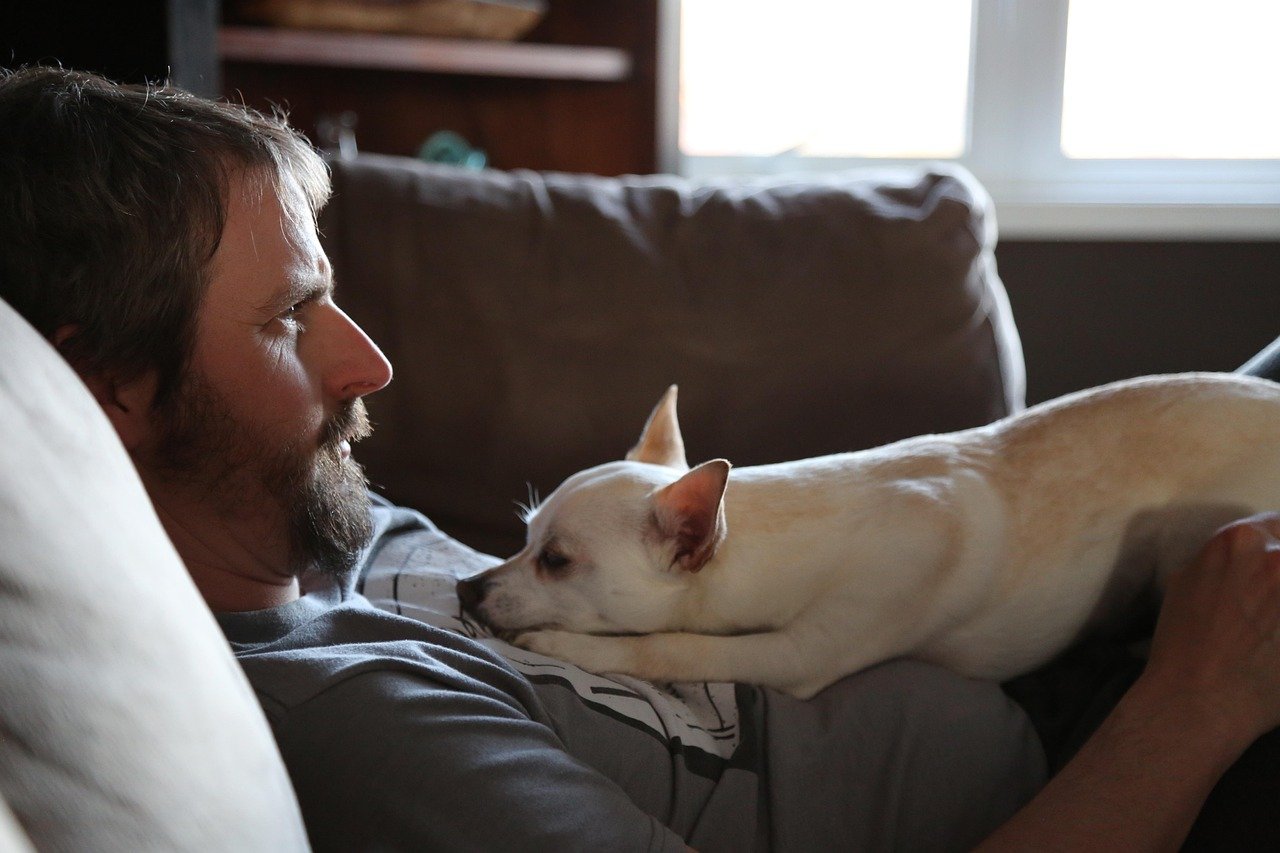
First off, let’s consider the genetic disposition of Chihuahuas. These small dogs are a product of careful breeding throughout the ages, with an emphasis on their loyalty and protectionism. The role of genetics can’t be underestimated in understanding why do Chihuahuas attach to one person. This inclination is an inherent trait that has been ingrained in their DNA over generations. The science behind this behavior goes deeper than you might expect. One of the primary genetic loci associated with body size in the dog is the gene Insulin-like Growth Factor- 1 (IGF1) (Sutter et al., 2007). The region surrounding IGF1 has been associated with behavioral traits such as excitability (Jones et al., 2008), boldness (Chase et al., 2009), separation-related problems, touch sensitivity, owner-directed aggression and dog rivalry (Zapata et al., 2016). It’s like nature programmed them with a built-in GPS that constantly points toward their chosen human. Some researchers believe this intense attachment behavior helped their ancestors survive by ensuring they stayed close to their human protectors in ancient civilizations.
Early Imprinting and the Critical Window
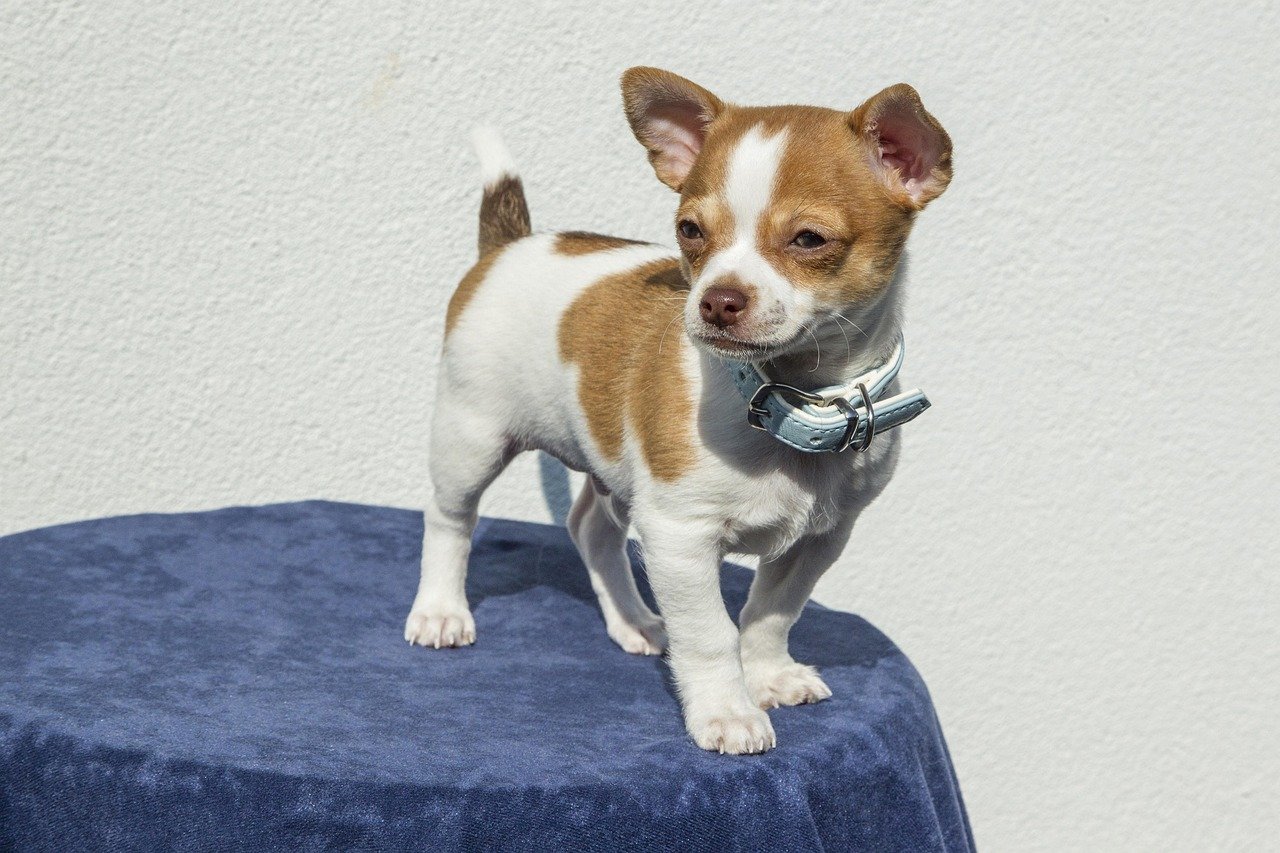
Chihuahuas’ intense attachment can also be a reflection of their early socialization experiences. When a Chihuahua pup is primarily exposed to a single caregiver during their early learning phase, they are likely to form a deeper bond with that particular individual. This critical period, typically occurring between 3 to 14 weeks of age, shapes their entire approach to relationships for life. Over time, this initial attachment can deepen, especially if the person in question continues to reciprocate their love, takes care of their needs, and provides a positive environment for the Chihuahua. This further strengthens the mutual bond and reinforces the Chihuahua’s one-person attachment behavior. Think of it like a baby duckling following the first thing it sees after hatching, except this “imprinting” lasts a lifetime and comes with a feisty attitude. If you’re the lucky person who feeds them, plays with them, and comforts them during this crucial window, congratulations—you’ve just been chosen for life.
Personality Matching at Its Finest
They are widely known to gravitate toward one person and reject new people, but that may be because dogs are more inclined to like those that are more in sync with their own personality. For example, high energy dogs are more likely to bond with a high energy person. This isn’t random selection—Chihuahuas are surprisingly sophisticated when it comes to choosing their human. Whether it’s the person who feeds them, walks them, plays with them, or simply provides them with the most comfort and security, Chihuahuas seem to have an innate ability to ‘choose’ their person. It’s like they conduct their own personality assessment and decide who’s most compatible with their particular brand of sass and sweetness. Maybe you’re both morning people, or perhaps you share a love for quiet evenings on the couch. Whatever the connection, when a Chihuahua decides you’re “their person,” it’s based on a complex evaluation that would make a dating app algorithm jealous.
The Security Factor
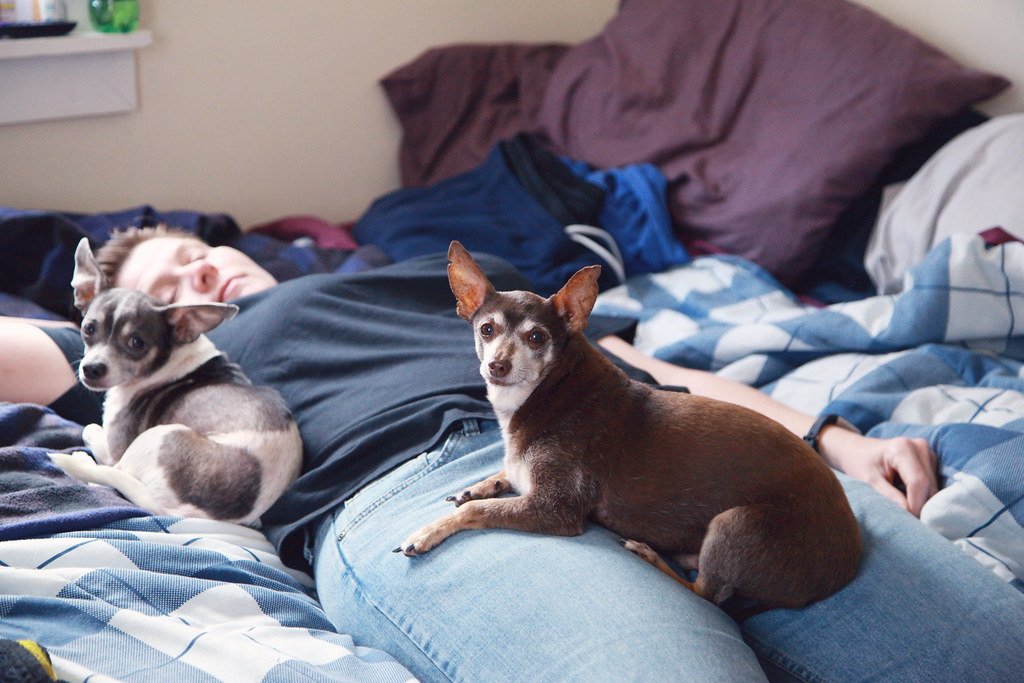
Chihuahuas are known to form deep bonds with their owners and often select one person they prefer over others. This could be because they feel most comfortable, safe, and protected by that person. Despite their Napoleon complex and tendency to challenge dogs ten times their size, Chihuahuas are actually quite vulnerable due to their tiny stature. Dogs are all individuals as humans are, however, due to their predisposition to bond strongly to a favorite human, the average Chihuahua loves the company of their people. Individual personal preferences or life experiences, such as abuse, may cause a Chihuahua to prefer their personal space. Their chosen person becomes their safe harbor in a world full of giant feet and potential threats. Sometimes known as “purse dogs” or “velcro dogs”, they always want to be with their people. As a breed they are very affectionate and are all about snuggling. They tend to bond most strongly to one person rather than their whole family or social circle, though they often want attention from whoever offers it. This security-seeking behavior explains why your Chihuahua might follow you to the bathroom—they’re not being clingy, they’re being protective of their most valuable resource: you.
Resource Guarding Gone Emotional
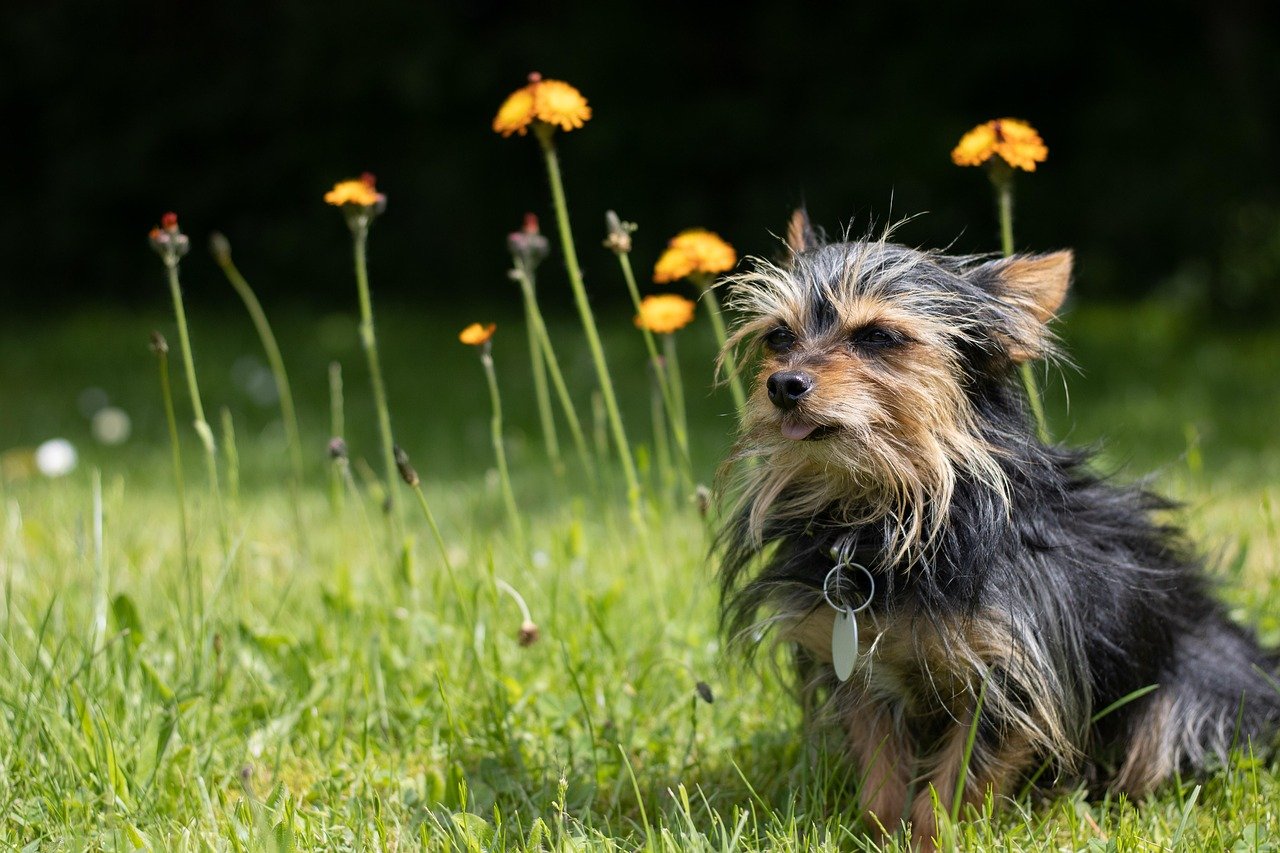
If your Chihuahua is sitting in your lap or playing with a favorite toy or enjoying a treasured treat, what does he or she do when other people or animals approach you? If his or her response is to growl or snap, your Chi deems their item of choice a resource worthy of guarding. While that seems like a compliment when that item is you, it actually has the potential to become a liability. Yes, you read that right—you’ve essentially become your Chihuahua’s most prized possession, and they’re not sharing. Because they form such intense bonds with only one of their owners, Chihuahuas are territorial and aggressive towards anyone or anything that is not that person. This behavior stems from their survival instincts, but it can create challenges in multi-person households. But, as is the case with other toy breeds, Chihuahuas may become possessive of their owner to a fault, becoming aggressive or distrustful of other people or dogs. Imagine having a bodyguard who weighs less than your coffee mug but has the heart of a lion—that’s your Chihuahua protecting their investment in you.
The Pack Mentality Myth
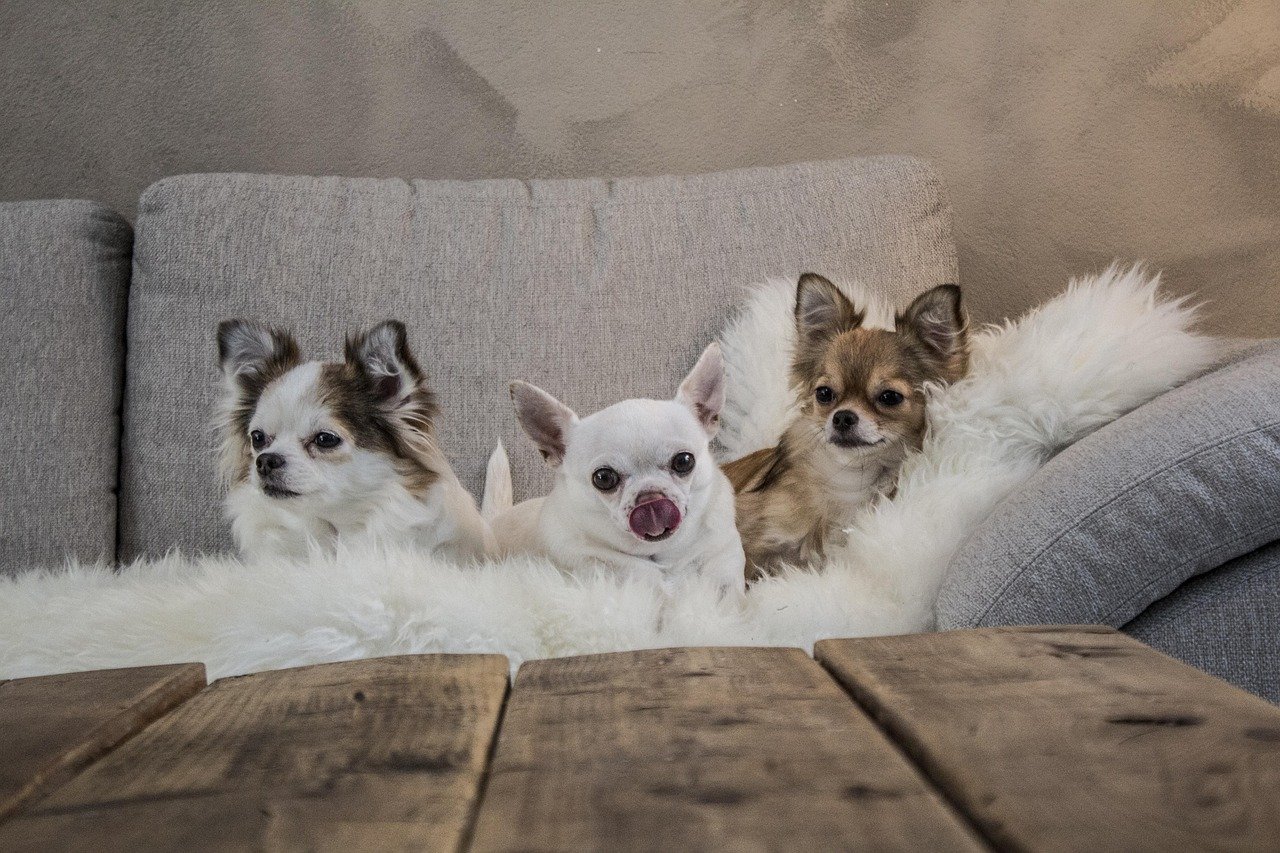
Contrary to popular belief, Chihuahuas don’t operate on traditional pack hierarchy like their wolf ancestors. Chihuahuas often do very well with just one owner; they do not inherently need more than one caretaker and do not have an inbred pack mentality. When raised correctly, this breed will develop a strong bond with their human that translates into being a fiercely loyal companion. Modern research has debunked the “alpha dog” theory, showing that in the wild, a true natural pack is actually composed of a mother and father and their offspring. This pack survives rather like a human family, in which the parents take the leadership roles and the children follow. In a natural pack, harmony is created because deference behaviors are offered freely by the younger wolves rather than being forced onto them by their parents. Your Chihuahua isn’t trying to dominate you or establish dominance over other family members—they’re simply expressing their preference for one special human in the most dramatic way possible. Even though dogs and wolves are genetically similar, they are separated by at least fifteen thousand years of domestication which has changed them in many important ways. It is likely that modern domestic dogs are descended from solitary feral dogs that scavenged human garbage for food. Observations of feral dogs have shown a much more accurate picture of the domestic dog’s social structure.
Breaking the Exclusive Bond
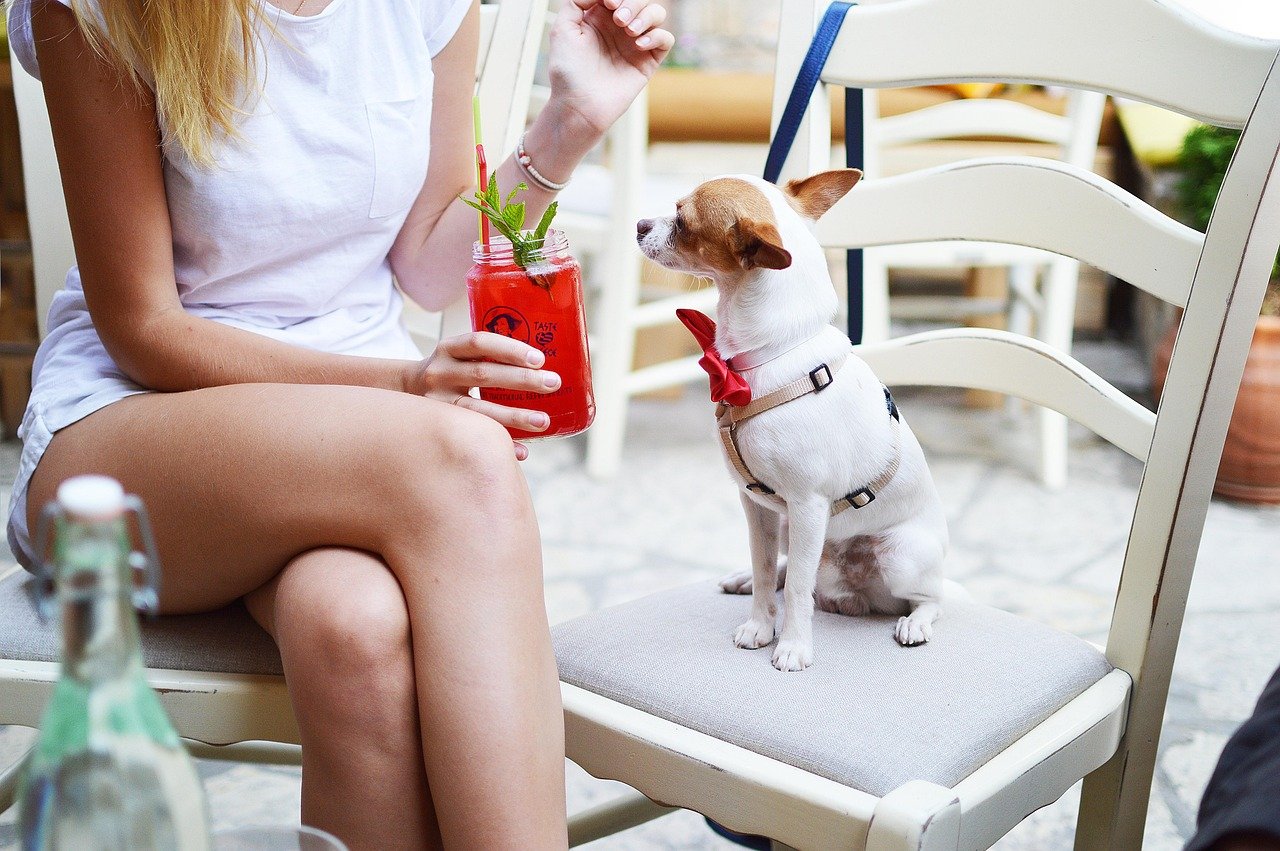
While the one-person attachment is natural for Chihuahuas, it doesn’t have to be permanent or problematic. A method to create stronger bonds with all household members is to split up care tasks. Everyone should take turns taking a Chihuahua for daily walks, engaging in play sessions like fetch, preparing and placing down meals, brushing the coat, giving baths, etc. The key is patience and consistency. If your dog is mistrustful of a specific family member (or members), there are plenty of ways you can encourage the bond between them. For starters, have your dog spend plenty of active time, whether it’s playtime with toys or walks around the block, with the family member your dog dislikes. You can also let your family member feed or give your dog treats. Food is a great motivator for dogs. Think of it as relationship counseling for dogs—with treats. If you have a Chihuahua who doesn’t like other people or animals, you can help them become more social with the right training, patience, and practice. Every dog can overcome its stereotypes, as long as you’re willing to put in the effort. Remember, Rome wasn’t built in a day, and neither is a Chihuahua’s trust in additional humans.
Your tiny, mighty companion has chosen you for reasons that run deeper than daily treats and belly rubs. Their legendary loyalty isn’t just cute—it’s the result of thousands of years of evolution, careful breeding, and an almost mystical ability to recognize their perfect human match. While this exclusive bond can sometimes feel overwhelming or create household drama, it’s also one of the most rewarding relationships you’ll ever experience. After all, how many creatures on Earth will love you with such unwavering, fierce devotion that they’ll literally guard you like treasure? What other pet could make you feel like the most important person in the universe just by choosing you?

Linnea is a born and bred Swede but spends as much time as possible in Cape Town, South Africa. This is mainly due to Cape Town’s extraordinary scenery, wildlife, and atmosphere (in other words, because Cape Town is heaven on earth.) That being said, Sweden’s majestic forests forever hold a special place in her heart. Linnea spends as much time as she can close to the ocean collecting sea shells or in the park admiring puppies.

